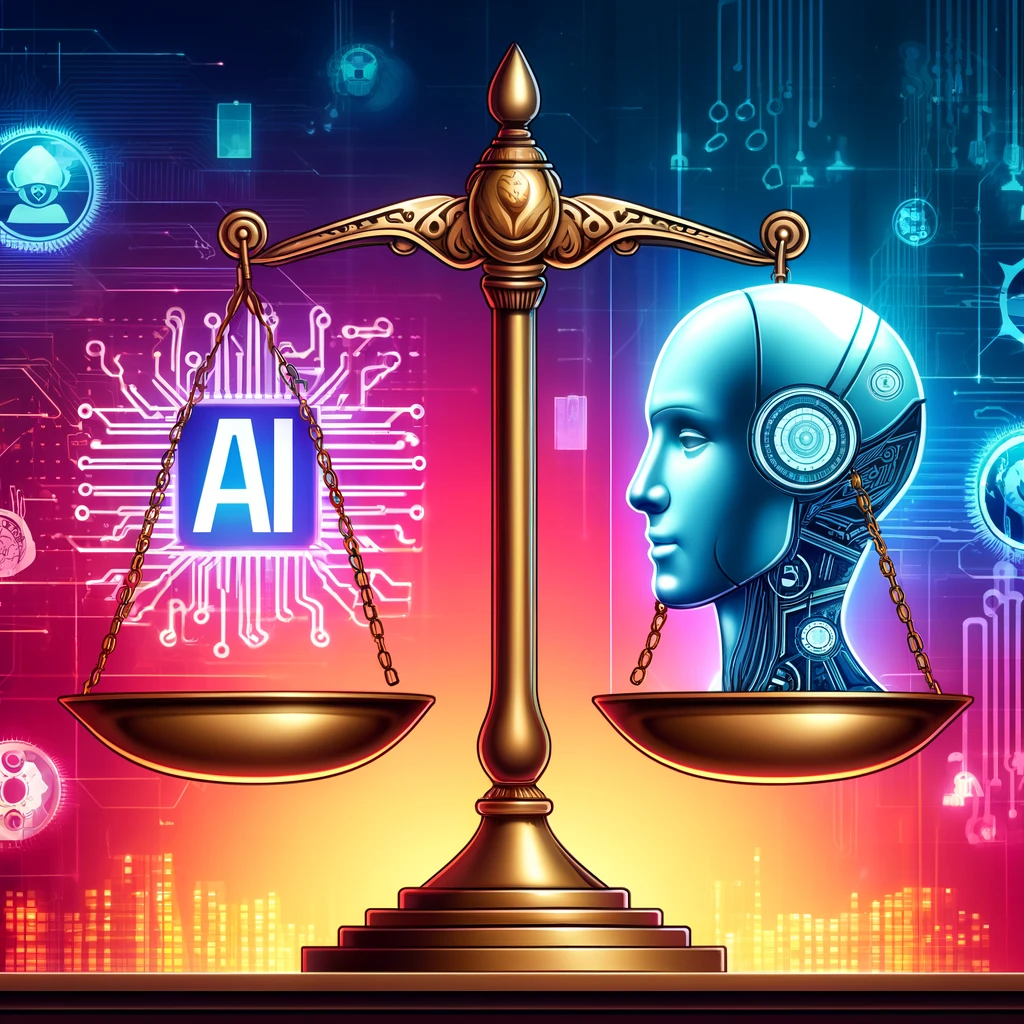The Most Significant Legal Issues Regarding AI
As artificial intelligence (AI) continues to evolve and integrate into various sectors, it brings along a host of legal challenges. Addressing these issues is crucial for ensuring that AI technologies are developed and used responsibly and ethically. Here are some of the most significant legal issues surrounding AI:
Data Privacy and Protection
AI systems often require vast amounts of data to function effectively. This data can include personal information, raising significant concerns about privacy and data protection. Key legal issues include compliance with data protection laws such as the General Data Protection Regulation (GDPR) in Europe or the California Consumer Privacy Act (CCPA) in the United States. Ensuring consent and transparency is vital, as is implementing robust data security measures to protect against breaches and unauthorized access.
Bias and Discrimination
AI systems can inadvertently perpetuate or even exacerbate existing biases present in their training data. This can lead to discriminatory outcomes in areas such as hiring, lending, and law enforcement. Legal considerations include ensuring compliance with anti-discrimination laws and implementing mechanisms to detect, mitigate, and correct biases in AI algorithms.
Intellectual Property
The development and deployment of AI raise several intellectual property (IP) issues. Determining what aspects of AI technology can be patented, clarifying ownership of IP rights to AI-generated works, and protecting proprietary algorithms and data sets as trade secrets are all significant concerns.
Liability and Accountability
Determining liability in cases where AI systems cause harm or make erroneous decisions is a complex legal issue. Key questions include whether AI systems should be treated as products under existing liability frameworks and, if so, who is responsible—the developer, the manufacturer, or the operator. Assessing whether failure to properly design, test, or monitor AI systems constitutes negligence is also crucial.
Regulation and Compliance
The rapidly evolving nature of AI technology poses challenges for regulators. Legal issues include developing laws and regulations that keep pace with AI advancements without stifling innovation and harmonizing AI regulations across different jurisdictions to address the global nature of AI technologies.
Ethical Considerations
Beyond legal compliance, there are broader ethical issues associated with AI, such as ensuring that AI systems do not undermine human autonomy and remain under human control. Making AI decisions understandable and explainable to users and regulators, and considering the ethical implications of delegating important decisions to AI systems are also critical.
Employment and Labor Laws
AI and automation can significantly impact the job market, raising legal issues related to employment and labor. Addressing the potential for AI to displace human workers and ensuring fair transitions for affected employees, as well as balancing the use of AI for employee monitoring with privacy rights and labor regulations, are important considerations.
As AI technology continues to advance, these legal issues will require ongoing attention and adaptation. Policymakers, legal professionals, and AI developers must collaborate to create frameworks that promote innovation while protecting individual rights and societal interests.
